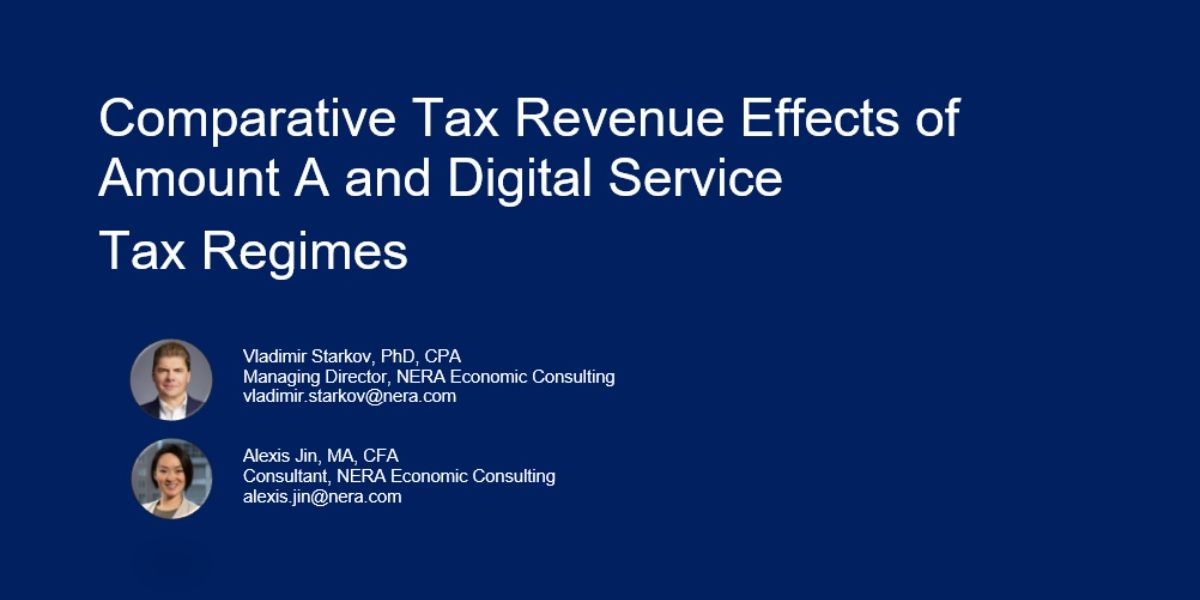On 3 November 2017 a discussion was held at the OECD on sharing experiences and improving best practices for tax audit. The results of the discussion are to be implemented in the programs of Tax Inspectors Without Borders (TIWB).
TIWB was launched in 2015 as an initiative of the OECD and the UN Development Program (UNDP). The organization channels international tax experts to partnership programs that enable them to work with the tax administrations of developing countries in carrying out complex international audits. Strengthening domestic resource mobilization is an important objective of the 2030 Agenda and the Sustainable Development Goals.
The participants of the meeting at the OECD looked at the experience gained from the first two years of operation of TIWB including the challenges involved in assisting tax administrations and the types of base erosion that create the most issues for developing countries. They looked at the strategy required to achieve the organization’s aim of 100 deployments by 2020. There are currently 27 TIWB programs with 7 more planned for 2018.
It has been estimated that tax audits completed with TIWB assistance between 2012-2017 generated more than USD 328 million. Assistance with tax audit capacities can improve the quality and consistency of tax audits; achieve improvements in tax audit skills; and result in higher levels of voluntary compliance by taxpayers.
















